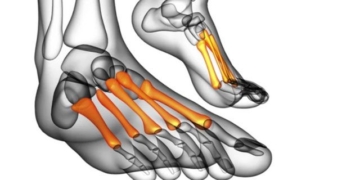According to results published in the journal New Phytologist, scientists at the French National Centre for Scientific Research (CNRS) and the University of Montpellier have discovered that flowering plant species growing in agricultural land are increasingly lacking insect pollinators. For this reason, plants are evolving towards self-pollination.

Plants are evolving towards self-pollination. (Illustrative image).
By comparing pansy flowers in fields around present-day Paris with pansy flowers that were revived in the laboratory from seeds collected between 1992 and 2001, the research team found that flowers growing in fields today are 10% smaller, produce 20% less nectar, and are visited less frequently by pollinator species. This rapid evolution is believed to be due to the decline of pollinator insect populations in Europe.
A study conducted in Germany also revealed that over 75% of flying insect biomass (including biological materials from bees, butterflies, etc.) has disappeared from the insect ecosystem in reserves over the past 30 years.
Scientists emphasize the importance of implementing measures to counteract this phenomenon as quickly as possible to protect the interactions between plants and pollinator species, which have existed for millions of years.


















































